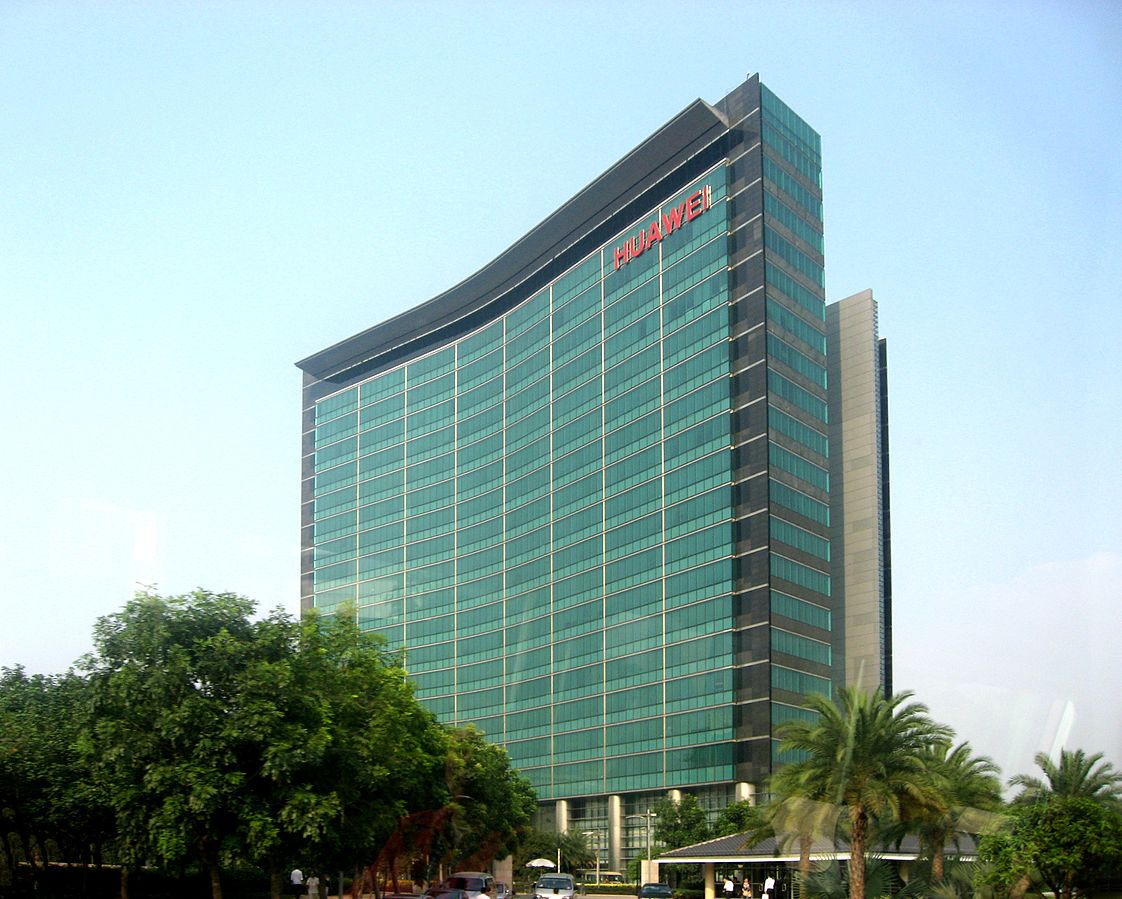

THE EPO has much to learn from the mistakes made in the US, resulting in many billions of dollars going down the drain (or into the pockets of lawyers and trolls who produce nothing). There's no way to prevent oneself from being sued when the US Patent and Trademark Office (USPTO) grants bogus patents whose validity would cost a fortune to not only dispute but also contest in court. "The resulting Intraspexion product lets enterprise legal departments prevent potential lawsuits before they even start," says this new press release, marketing a product that almost certainly would not work. They sell a fantasy. There's no way to track and properly understand millions of patents; moreover, once such patents are asserted in the form of a lawsuit, legal bills come flowing in. Even if one can predict such lawsuits, that cannot facilitate prevention.
Eastern District of Texas jury awards $2.8m for infringement of four standard essential patents and $7.7m for infringement of one patent without a FRAND commitment
An Eastern District of Texas jury has awarded PanOptis $10.6 million in damages, finding that Huawei willfully infringed five PanOptis patents covering wireless communication technology. The case is Optis Wireless Technology v Huawei Technologies.
As I mentioned a month ago, Samsung had a deadline last week for its response to Huawei's Ninth Circuit appeal lodged with the Federal Circuit against the antisuit (actually, just anti-enforcement) injunction Judge William H. Orrick upheld in the Northern District of California in late June. The U.S. district court will hold a trial in December, and the purpose of the injunction is to bar Huawei from leveraging two Chinese patent injunctions (granted by the Shenzhen Intermediate People's Court) before Judge Orrick has the chance to adjudicate a related claim.
Like in the court below, Quinn Emanuel, as counsel for Samsung, is defending the Microsoft v. Motorola it once sought to prevent as Motorola's counsel, while Sidley, then counsel for Microsoft, is trying hard (but not convincingly so far) to distinguish one case from the other.
[...]
I remember that a Chinese court had held that InterDigital was entitled to SEP royalties far below what InterDigital was seeking then and Huawei is seeking now. But that's the problem when a company is licensor in some cases and licensee in others: once the shoe is on the other foot, the positions one used to take and sometimes even the victories one scored in a different context backfire. Just like Huawei's U.S. counsel from the Sidley firm is now struggling to distinguish Huawei v. Samsung from what may have been by far the most important triumph of the firm in connection with patent enforcement.
Meanwhile, Samsung's counsel is making a lot of effort to describe the anti-enforcement injunction as no big deal. That's necessary because of the international comity considerations involved: it's about a U.S. court having enjoined a Chinese company (that elected to file a case in San Francisco), not about a U.S. court putting itself above a Chinese court, or putting U.S. law above Chinese law. As Samsung's brief puts it, the U.S. district court merely sought to "protect its own jurisdiction to decide the controversy now before it" and to "ensur[e] that the U.S. case can also proceed unimpeded."
The Federal Trade Commission (FTC) pressed ahead with its challenge of Qualcomm’s licensing practices on Thursday, August 30, asking a California federal court to find that the company is required to license its standard essential patents (SEPs) to rival chipmakers.
The FTC filed its motion for partial summary judgment at the US District Court for the Northern District of California, San Jose Division, on August 30. Qualcomm’s competition dispute with the FTC is due to be heard at trial in January 2019.
However, four months before the trial is due to commence, the FTC has asked the court for partial summary judgment that, under the fair, reasonable, and non-discriminatory (FRAND) licensing obligations Qualcomm committed to when it participated in setting wireless standards, Qualcomm must license its SEPs to rival chip makers.
The Commission’s lawsuit, submitted in January last year, alleges that Qualcomm had unlawfully maintained a monopoly in the market for baseband processors.